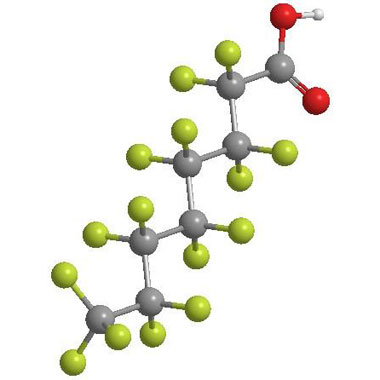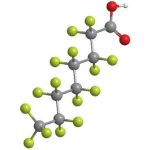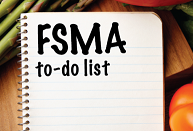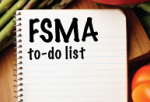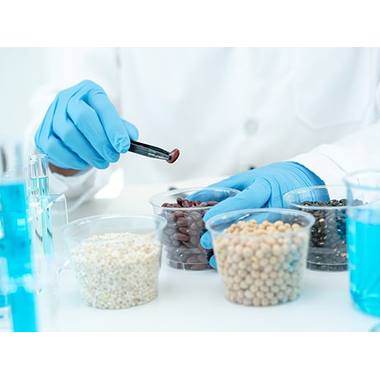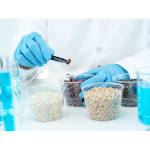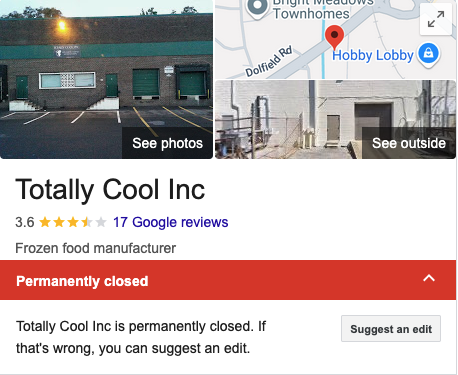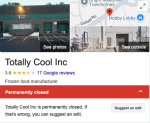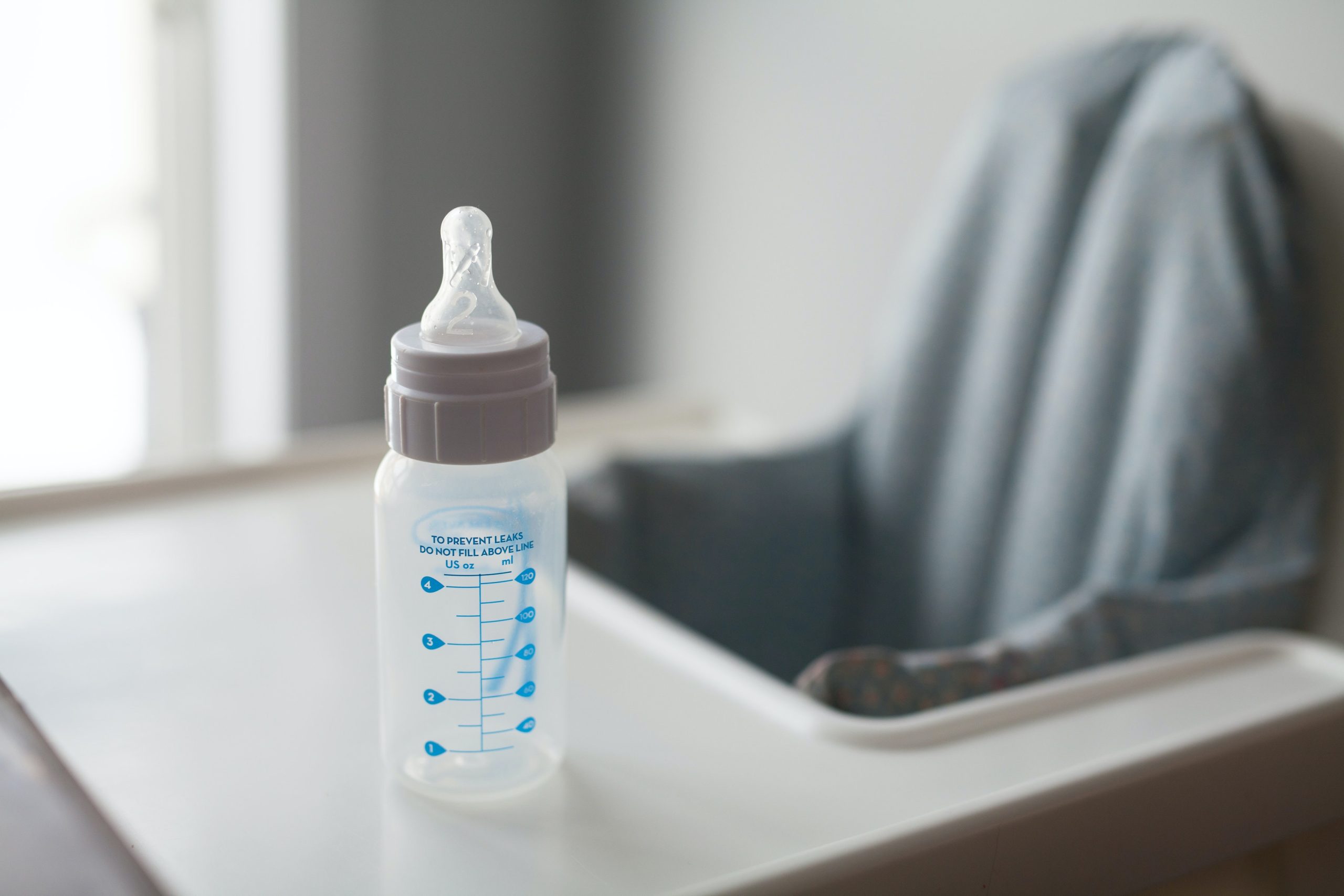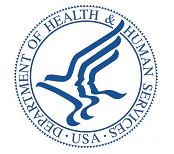Boar’s Head Brand announced the appointment of Natalie Dyenson as its new Chief Food Safety Officer, effective May 12, 2025. This hire follows a series of food safety initiatives taken across the organization.
In her new role, Dyenson will spearhead the company’s comprehensive food safety program, leveraging her extensive expertise to ensure the continued integrity of Boar’s Head products. She will also work closely with the Boar’s Head Food Safety Advisory Council on continuous innovations and enhancements to the Company’s safety and quality processes.
Dyenson brings nearly three decades of distinguished experience in food safety to Boar’s Head, marked by a proven track record of developing and implementing robust food safety programs. Her deep understanding of the regulatory landscape, industry best practices, and innovative food safety technologies will be instrumental in reinforcing Boar’s Head’s commitment to consumer safety and well-being.
“We are delighted to welcome Natalie Dyenson to the Boar’s Head family,” stated Frank Carzo, Chief Human Resources Officer. “Her expertise and unwavering dedication to food safety perfectly align with our mission to provide consumers with premium, trustworthy products. We look forward to benefitting from Natalie’s leadership as we further elevate our already stringent food safety protocols and reinforce our commitment to excellence.”
Prior to joining Boar’s Head, Dyenson served as the Chief Regulatory and Food Safety Officer for the International Fresh Produce Association. Her career also includes leadership roles as Vice President of Food Safety and Quality at Dole Food Company, as well as significant positions at Walmart and Walt Disney World. Her experience also spans roles at Silliker, Kash n’ Karry Supermarkets, and Harris Teeter, providing a comprehensive understanding of the food supply chain.
“I am honored to join Boar’s Head, a company with a long-standing reputation for quality and a dedication to high standards,” said Dyenson. “I am passionate about ensuring the safety of our food supply, and I look forward to working with the team at Boar’s Head to further enhance its food safety programs and maintain the trust of consumers.”
Frank Yiannas, Chief Food Safety Advisor at Boar’s Head posted in in LinkedIn “Delighted that Natalie Dyenson is joining Boar’s Head Brand as their new Chief Food Safety Officer. Advancing food safety requires both – food safety leadership & food safety management – and Natalie will do a great job along with their team there at doing both.”





